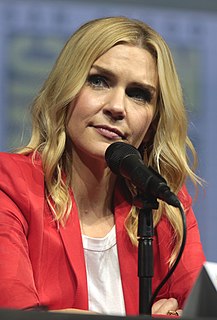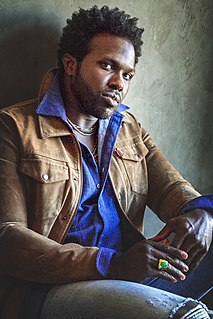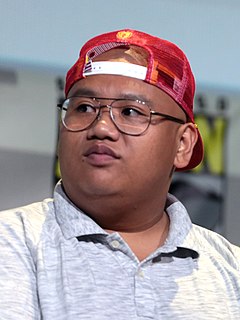A Quote by Jon Watts
I'd been writing my own coming-of-age story, and I got to take a lot of that energy and a lot of those moments and themes that I wanted to explore in a much smaller film and then apply them to 'Spider-Man: Homecoming.'
Related Quotes
I think a lot of creators are attracted to those toys they got to play with when they were young, and everyone wants to write a Superman story or a Batman story or a Spider-Man story. I don't know, if it's been successful for me, it should be successful for anyone. "Hit the ground with your feet running" is the secret of breaking new characters when it seems like no one else is having any luck.
Eragon started as me but ended up evolving into his very own character, .. Even as he has gone through his coming- of- age story, the process of writing and publishing these novels has been my own coming- of- age story. There are parallels between my own experience and Eragon's, but fortunately, I don't have people charging at me with swords.
It's one of the reasons why Spider-Man: Homecoming is so exciting. Because it's a new genre for us, a new character, the first time that Spider-Man is in our cinematic universe and you can see what he was meant to be in the comics. He's such a young teenager in comparison to these other heroes. But I think, because we're film fans who go and see everything, it's much more natural that you're inspired by other work. And then of course that influences your work, and the way you make films.
Everyone's got something that they've held onto from their childhood or from a past relationship, someone who's told you what you are, and it's leaving all that behind and living a happy life and realizing that a lot of that is inside you - really uncovering that. The story - those themes - are heavy themes that everyone can connect to.
We learnt a lot because we got in with real choreographers who tell you what they need from a song, because a song has to advance the story. Then real directors like Mike Nichols tell you where you can have 'B themes' and 'C themes', and we go oh yes, B themes and C themes! So we were taught in the finest school amongst the finest people. And also by the school of experience.
I spent a lot of time, a lot of energy trying to be a better artist and I still [do]. I spend a lot of time focusing on my craft. If you're going to take your passion into something beyond just something for fun on the side, you got to spend a lot of time on it to be great, and then you've got to make smart decisions about who you collaborate with [and] where you live [to] put yourself in the right situations to meet the right people to catch those breaks.
You've got to be a good reader. So whatever genre that you're interested in, read a lot of books about it and it's better than any kind of writing class you'll ever take. You will absorb techniques and then in a lot of cases you can just start writing using the style of the book or the author that you admire and then your own style will emerge out of that. Be a diligent reader and then try to write seriously, professionally and approach everything in writing in a professional way.
A lot of the book [The Yoga of Max's Discontent] is about karma and rebirth. Things like that are very attuned to my life as an Indian, but when I approach it from a perspective of a Westerner, then I have a skeptical, yet kind of novice view on it. I think that choice really liberated the story to be its own story. A lot of the conclusions that Max reaches on his own are not mine at all. So, I think that allowed the story to take on its own momentum, to have its own propulsive force.
I like to have a much greater base and know a lot more about my character before I begin to fill the person. So a lot of it really entails sit-downs with them, determining who she is, where she came from, and why she reacts a certain way, and then I was really able to expand upon a lot of that and create a lot of that story on my own.
This particular one was very, very heartwarming and is the relationship of an older man and a young boy that are essentially on the run. And so yeah, as I say, Barry Crump wrote a lot of books and this one got into the hands of Taika Watiti who then writing the screenplay decided to really vamp up if that's the word, or ramp up and modernize certain phrases - getting in the humor. So he added a lot of a real comedy perspective onto it which is what I think the story needed anyway, especially for it to turn into a film. And it worked.






































